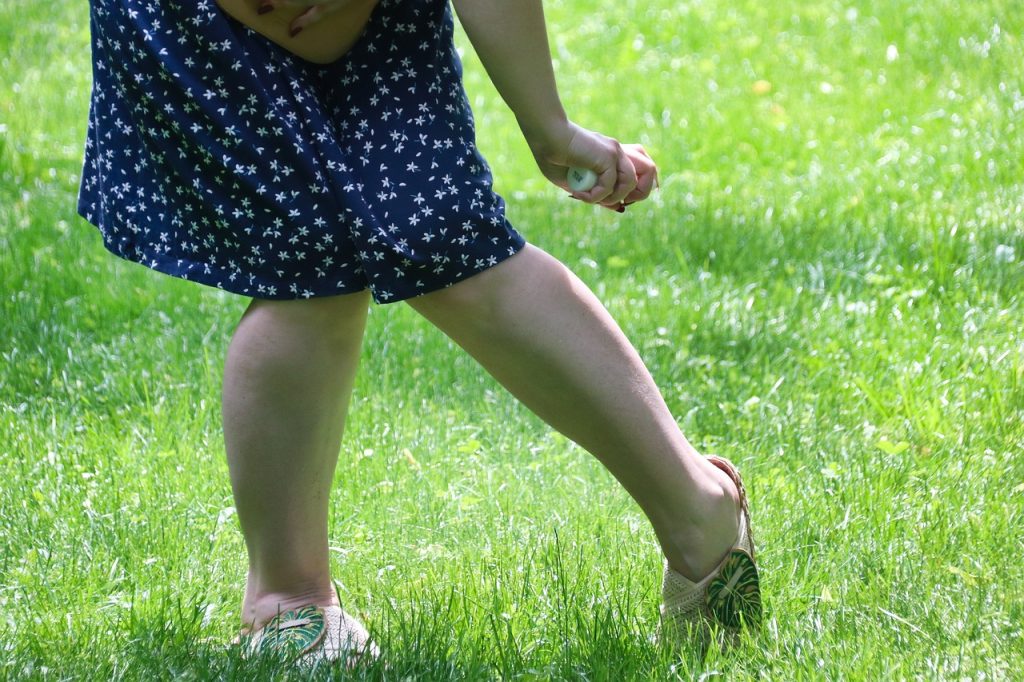How scary is being bitten by a mosquito? In addition to unbearable itching, there are risks of contracting diseases such as dengue fever, yellow fever, Zika virus, and chikungunya, so we must be careful to prevent it.
Miami, FL (Merxwire) – Have you ever wondered why some people are more susceptible to mosquito bites and others are not? According to new U.S. research showing that mosquitoes are attracted to certain odors, particularly body odors produced on some people’s skin, scientists may have an answer.
Four hundred million people worldwide are infected with the dengue virus yearly through the bites of Aedes aegypti mosquitoes. In addition to dengue fever, they also transmit viruses such as yellow fever, Zika virus, and chikungunya fever. Human blood is a “protein-rich food,” and mosquitoes are one of the few insects that like the taste of human blood. Fortunately, only female mosquitoes can bite humans. Scientists have discovered that human blood’s adenosine triphosphate (ATP) can drive mosquitoes crazy. Researchers from Rockefeller University in New York said that people with high ATP levels on their skin are more likely to be bitten by mosquitoes. The results of this study were published in the journal Cell.
In a three-year study, scientists had 64 subjects wear nylon on their arms to cover the scent, but no matter what scent was added to distract the mosquitoes, the mosquitoes continued to return to the same scent. The reason is speculated to be higher levels of carboxylic acid in the skin, produced via sebum. It interacts with bacteria in our bodies, creating an odor that smells like stinky cheese. And this special-smelling substance will change people’s attraction to mosquitoes.
If you are often the victim of mosquito hordes, don’t worry too much. Now, scientists have found a solution. New research in the United States shows that changing soap can help scare away mosquitoes. When humans use soap to wash their hands or bodies, researchers say that more than 60% of the odors smelled after bathing come from soap smells rather than natural body odors. Bathing with certain soap scents may change the way mosquitoes treat you. This research was published in the journal iScience.
The researchers used four kinds of soaps to conduct experiments. They invited four volunteers to use four soaps with different flavors to bathe, collected their other body odors before and after bathing, and then observed how the mosquitoes would choose. It was found that soaps with floral and fruity scents tended to be more attractive to mosquitoes, but soaps with coconut scents were less attractive to mosquitoes.
Previous studies have shown that coconut oil has mosquito-repellent effects, similar to coconut-scented soap. Researcher Clément Vinauger, assistant professor at Virginia Tech and State University, said in response to the experimental results that the smell of soap helps attract or repel mosquitoes. Still, the scent of soap combined with each person’s unique body odor can produce Different chemical changes, so it is recommended that you try soaps with different scents and do not rely solely on smell and brand to judge the effect.







